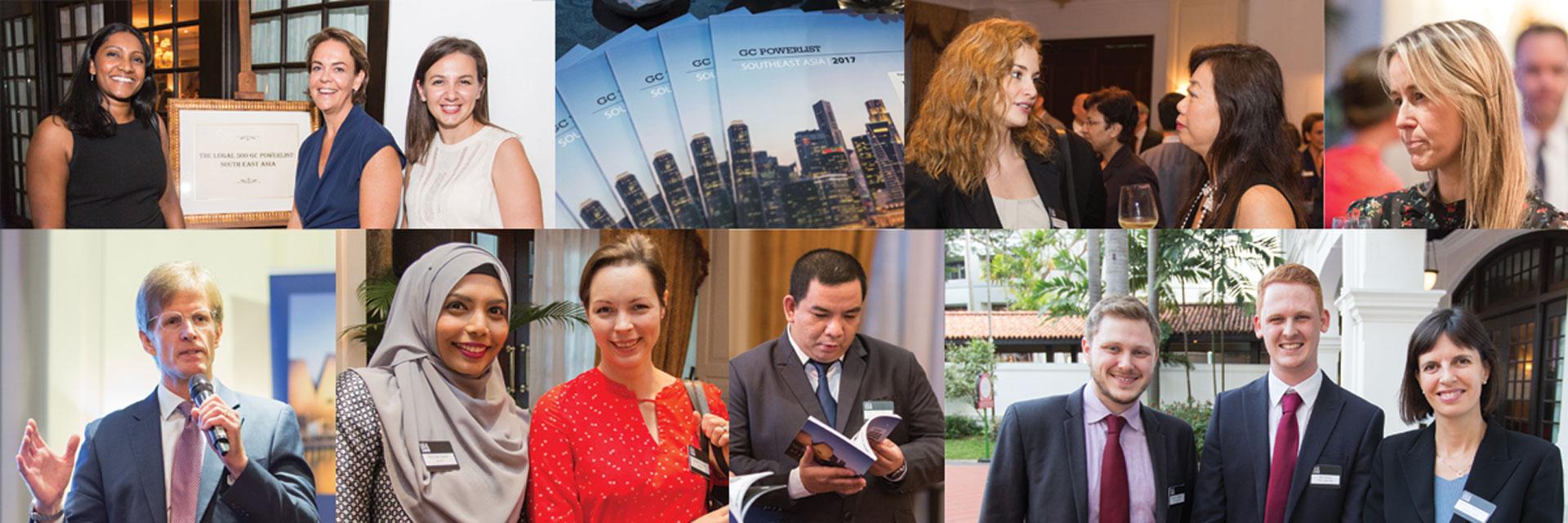Lego, world famous makers of toy building bricks, declares that its mission is to ‘inspire and develop the builders of tomorrow’. It had this ethos front of mind when it began unveiling a state-of-the-art design concept for some of its major global offices.
Continue reading “The building blocks of working differently”









